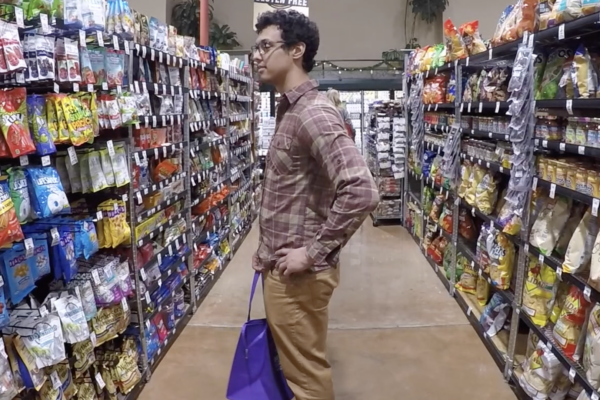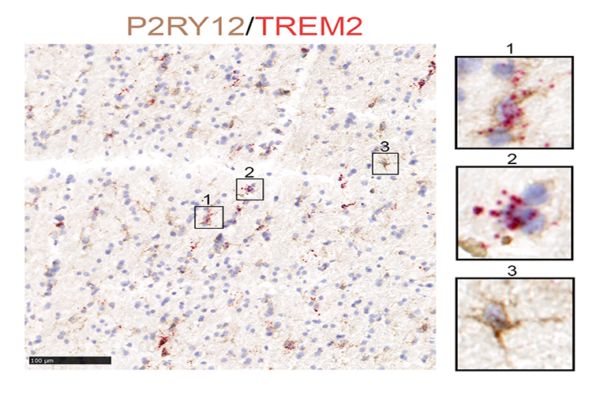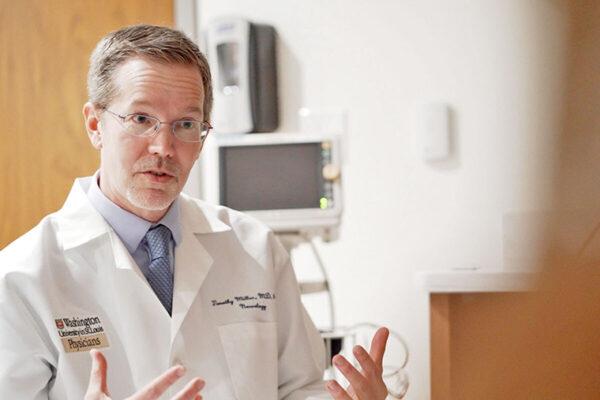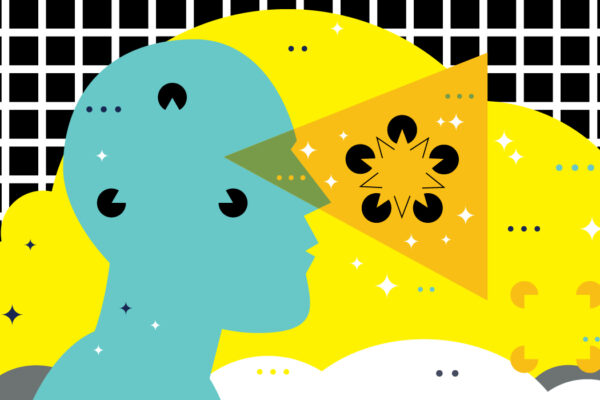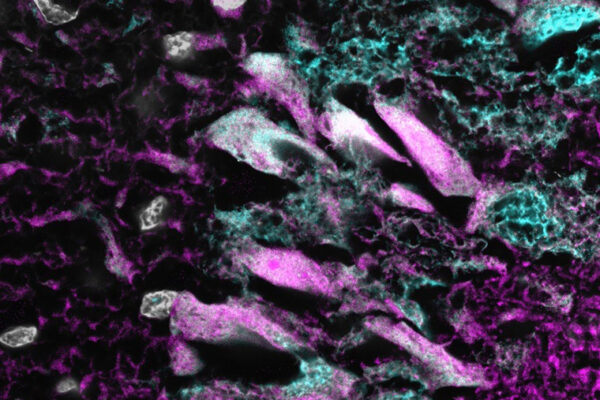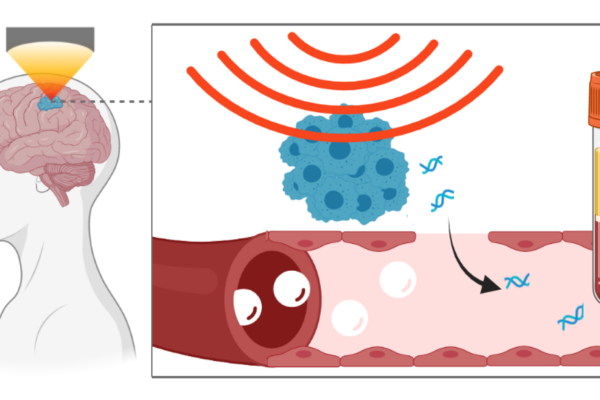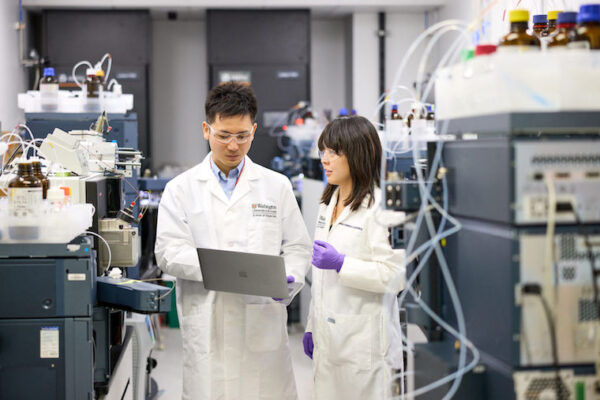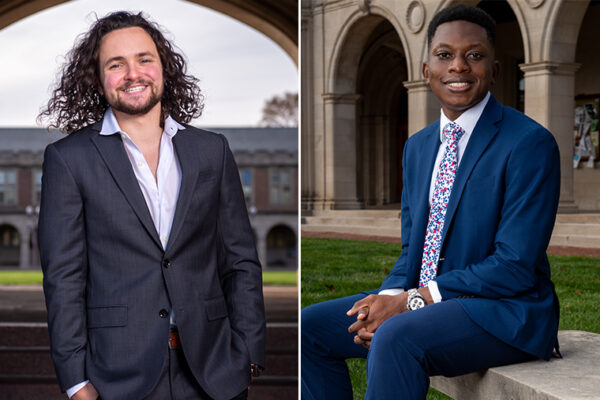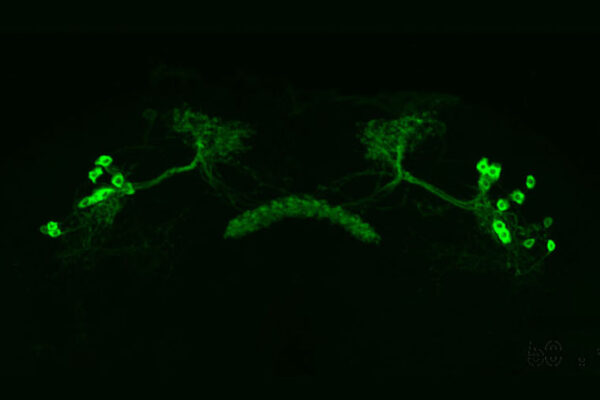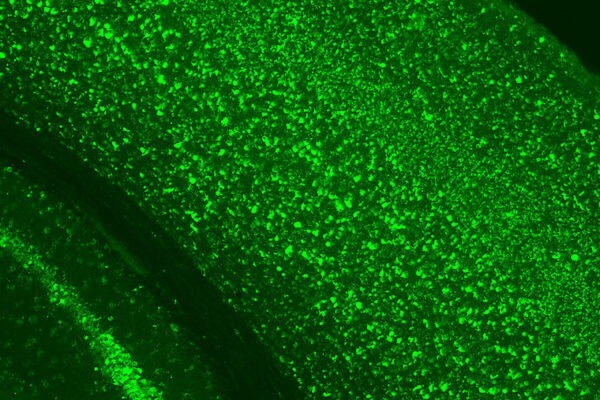This is your brain on everyday life
A new study by Zachariah Reagh in Arts & Sciences offers fresh insights into how the brain goes to great lengths to process and remember everyday events.
Zhao studies changes in glia linked to neurodegenerative diseases
New research from the School of Medicine’s Guoyan Zhao and colleagues provides guidance for future study to understand the role of glia in disease pathogenesis using mouse models. The work is published in Nature Aging.
Miller receives Rainwater Prize for Brain Research
Timothy Miller, MD, PhD, the David Clayson Professor of Neurology at the School of Medicine, has been named a winner of the Rainwater Annual Prize for Outstanding Innovation in Neurodegenerative Disease Research.
How your mind plays tricks on you
In the seminar “Cognitive Illusions,” students in psychological and brain sciences examine the causes and consequences of errors in thinking.
Disrupted flow of brain fluid may underlie neurodevelopmental disorders
Researchers at Washington University School of Medicine have discovered that the fluid around the brain flows to areas critical for normal brain development and function, suggesting that disruptions to its circulation may play an underrecognized role in neurodevelopmental disorders.
Focused ultrasound technique leads to release of neurodegenerative disorders biomarkers
Research from the lab of Hong Chen, at the McKelvey School of Engineering and the School of Medicine, and collaborators found that using focused-ultrasound-mediated liquid biopsy in a mouse model released more tau proteins and another biomarker into the blood than without the intervention. This noninvasive method could facilitate diagnosis of neurodegenerative disorders.
Diagnostic marker found for deadly brain disease marked by dementia, movement problems
Researchers at Washington University School of Medicine have discovered a biomarker for a rare, deadly brain disease known as corticobasal degeneration (CBD). The biomarker could accelerate efforts to develop treatments for CBD.
Norwitz, Oyetunji were Rhodes Scholar finalists
Seniors Sam Norwitz and Ephraim Oyetunji, both majoring in neuroscience in Arts & Sciences, were finalists for the Rhodes Scholarship, one of the world’s most prestigious academic honors.
How do tired animals stay awake?
New School of Medicine research provides clues to falling fast asleep — or lying wide awake. Studying fruit flies, the researchers found that brain neurons adapt to help the flies stay awake despite tiredness in dangerous situations and help them fall asleep after an intense day.
Research offers clues for treating fatal neurological disorder in kids
Research in animals led by Washington University and the Roslin Institute in Scotland shows that supplying a vital missing enzyme helps to improve CLN1 disease, a rare but fatal brain disorder.
Older Stories
